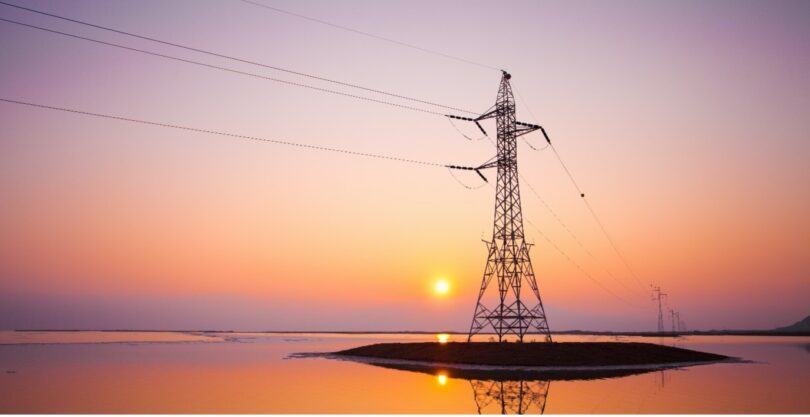ERCOT Grid Reliability and A New Concern
Grid reliability is now rooted in the hearts and minds of Texans after experiencing the downfall of the ERCOT grid in February 2021. Almost two years later, measures to improve grid reliability have been implemented. They include weatherization requirements put in place ahead of last winter for power plants, solar arrays, & wind turbines, as well as similar requirements enacted in August for natural gas infrastructure deemed critical to the functioning of the grid. Additionally, ERCOT itself has implemented major reforms in its management, staffing, & procedures that should be helpful. These measures, according to a revised FERC assessment, have only marginally improved grid reliability in the face of another Uri-like event.
ERCOT was again tested in July 2022 and was able to maintain reliability for all of Texas. Still, as we transition into the winter months, we look for ERCOT to assure residents that the proper steps have been taken to avoid a repeat of February 2021.
ERCOT recently published its Seasonal Assessment of Resource Adequacy Report for Winter 2022-2023 and held a press conference at the PUCT with Chairman Peter Lake and ERCOT CEO Pablo Vegas to provide an overview.
According to the report, approximately 87,300 MW of winter-rated resource capacity is expected to be available for the winter peak, with the forecasted peak demand to be 67,398 MW based on average weather conditions at the time of the winter peaks for years 2007 through 2021 and includes a demand growth of 5,000 MWs.
ERCOT has also recently introduced a voluntary curtailment program that allows certain loads to assist ERCOT in ensuring reliability during periods of high system demand in response to the anticipated interconnection of an increasing number of large flexible Loads in the ERCOT Region. Under this program, ERCOT will provide participating customers with an automated notification (via phone call, Short Message Service (SMS) text message, and email) requesting curtailment of consumption during periods of low or declining Physical Responsive Capability (PRC) after Non-Spinning Reserve Service has been deployed, but before Emergency Response Service (ERS) has been deployed.
“Our goal with this program is to work with large customers in supporting the reliability of the Texas power grid,” says Woody Rickerson, ERCOT Vice President of System Planning. “These customers are large power users but have the flexibility and willingness to reduce their energy use quickly if needed. By working with these large loads during peak demand periods, we will better serve all Texans while keeping the grid reliable and resilient.”
ERCOT will be auditing 1/3rd of generation resources in the month of December and, assuming the ERCOT Region experiences typical winter grid conditions, ERCOT anticipates that there will be sufficient installed generating capacity available to serve the system-wide forecasted peak demand for the upcoming winter season, December 2022 ‒ February 2023.
The Public Utility Commission, at the direction of the Legislature, is also in the process of developing a long-term redesign of the ERCOT market to boost dependability. Among other things, Texas regulators are considering adopting a new market mechanism they say would help to ensure electric grid reliability by requiring utilities to purchase “performance credits” earned by generators based on their availability during hours of greatest risk to the system. The system aims to incentivize more generation to be available during times of high demand.
However, severe weather events may not be the only concern around the reliability of the ERCOT power grid. Recent unprovoked attacks in Oregon, Washington, and North Carolina may add to our already existing concerns around grid reliability. Experts and intelligence analysts have long warned of the vulnerability of the US power grid to sabotage. Talk among extremists about attacking crucial infrastructure poses a real threat as the attackers inflict significant damage from a distance. An event such as a terrorist attack is not a seasonal event that can be forecasted. As work continues on the reliability of electricity and natural gas for end-use consumers from the last Texas Legislative Session, it would be prudent to establish laws and plans to thwart new threats to electric grid reliability in the upcoming Texas Legislative Session.
Jason Bear (Vice President of Energy Solutions) and Kris Hertel (Business Development) are experienced Retail Energy leaders at CG Infinity.




